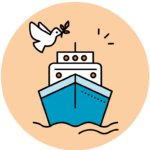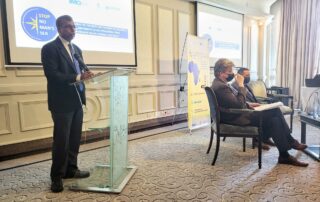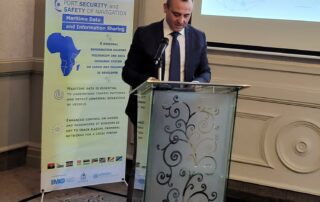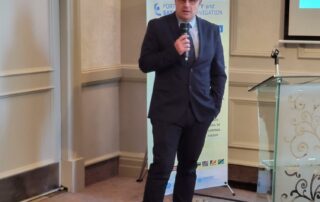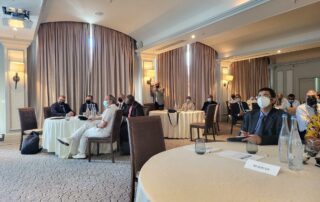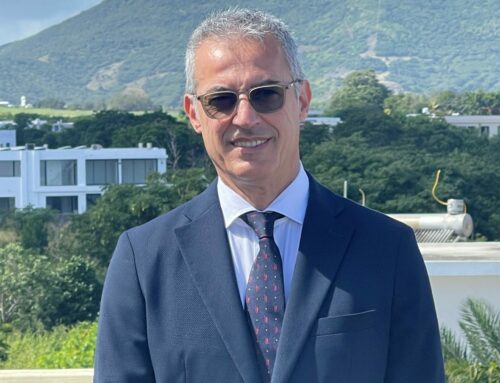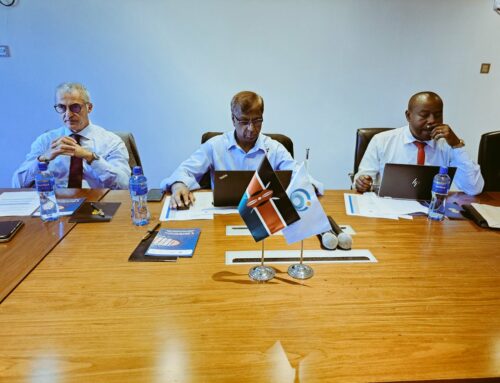Workshop on the evaluation of Vessel Monitoring and control systems in Mauritius
13th May- Labourdonnais Hotel, Port Louis, Mauritius.
Monitoring, control, and surveillance mechanisms are essential to the success of the Port Security and Safety of Navigation Programme (PSP). The programme is coordinated by the IOC and funded by the European Union. The evaluation mission undertaken by the IOC and a team of experienced experts focused on assisting the Mauritian State in this process.
The assessment mission aims to identify the margins for improvement in the surveillance systems of the Mauritian maritime territory. What systems are in place? Who are the actors mobilised? How is information shared? According to what protocols? Who intervenes? To do what and when? What are the results for each offence? From the start of the month of May, during one whole the week, the team of experts exchanged with all the ministries and institutions concerned.
Most of the stakeholders were present in the Workshop and discussed on several questions that needed to be answered to develop an institutional mapping of port and shipping security actors.
Mr. Raj Mohabeer Head of Maritime Department at the IOC emphasized on the need to make Mauritius a reference in the field and to reproduce this type of exercise in the other beneficiary countries of the programme.
Mr. Milko Van Gool, Head of Development Cooperation at the EU Delegation to Mauritius underlined on the importance of the mission of the experts in the sector who have been very much involved in the creation of a vessel monitoring and tracking system for the Italian coastguard that allowed it to cover the whole of the European area. He also highlighted on the importance for other States of the region, including Mauritius, to have information processing tools and effective operational capacities to monitor and control maritime traffic and identify potential threats based on alerts generated automatically by modern and adapted maritime surveillance systems.
This evaluation mission will be carried out in the other countries of the zone and possibly explore the possibility of networking all the maritime information sharing centres, given that ships cross several maritime zones. This workshop enabled the participants to take note of the consultants’ analyses and make a collective restitution to all the stakeholders in the light of the individual exchanges of this week.










